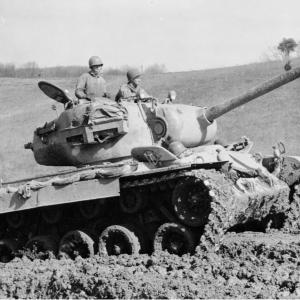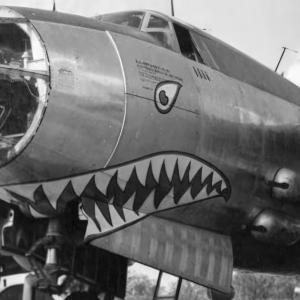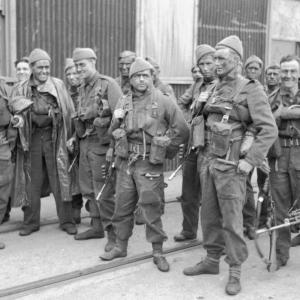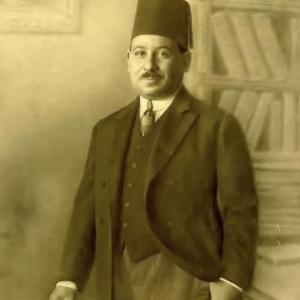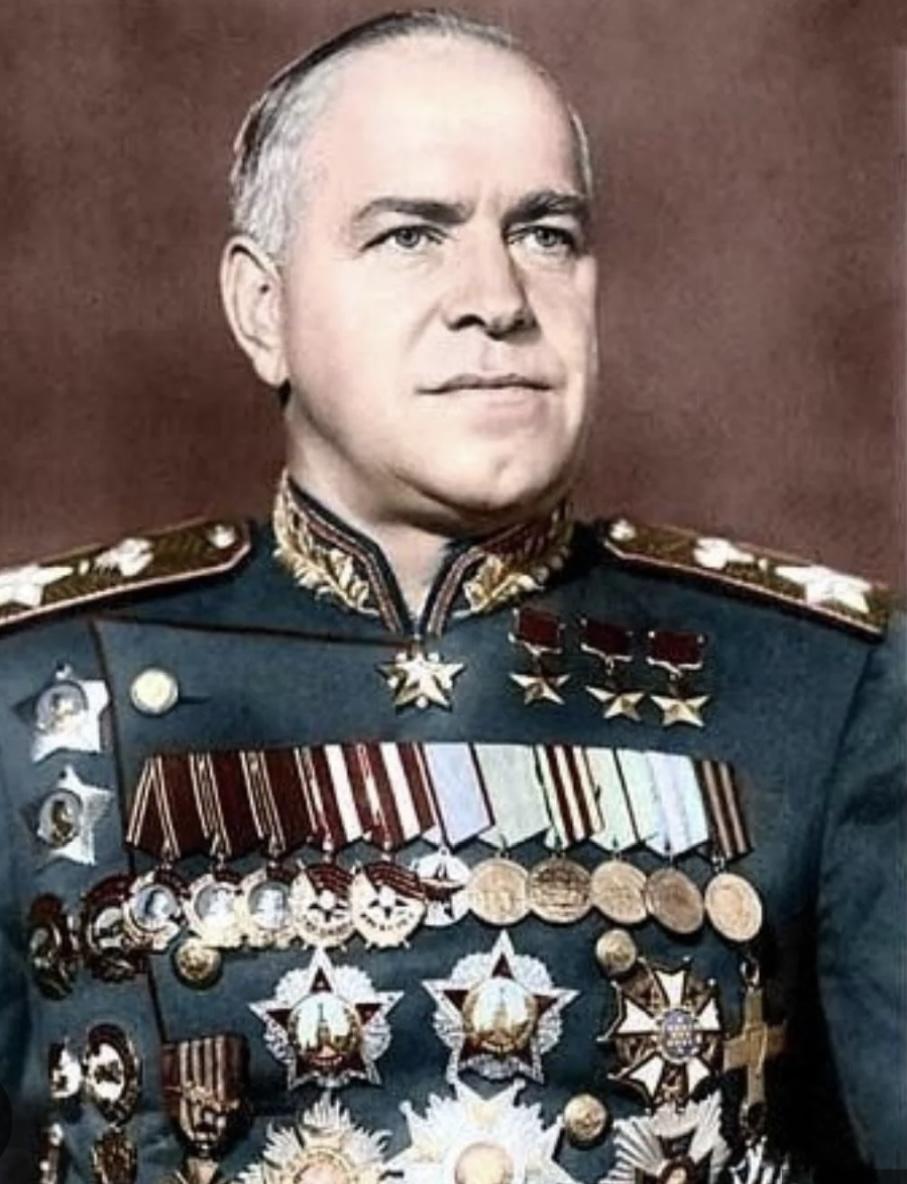
George Zhukov
Georgy Zhukov’s life began in very humble circumstances and from the difficulties of his earliest years grew a determination that made him one of the most formidable generals in modern history. He was born in 1896 in the small village of Strelkovka, to a poor peasant family. His childhood was not blessed with opportunity. He trained as an apprentice furrier as a teenager, working in Moscow. The young Zhukov was quiet, sharply observant, and always curious. When the First World War arrived, he was drafted into the cavalry. Within months, he proved a remarkably gifted NCO, survived multiple wounds, and was awarded the Cross of St George twice. The Russian Empire fell, and Zhukov sided with the Red Army very early. In the Russian Civil War he fought against the White forces, and he became noted for a quality that would define his entire military life: absolute refusal to surrender initiative, combined with an ability to rapidly learn and absorb new tactical realities.
During the interwar years, while Stalin’s purges destroyed the higher officer corps of the Red Army, Zhukov steadily rose. He did not merely survive the purge period but excelled. His performance in 1939 in the Battle of Khalkhin Gol, against the Japanese Army in Mongolia, was decisive. In that battle he used deep encirclements and overwhelming concentrated force exactly in the style he would later apply to the Germans. It was a complete triumph, and it made Stalin notice him as a man who could deliver results in the most serious crisis moments.
When Nazi Germany invaded the Soviet Union in June 1941, the Soviet military suffered catastrophic losses, but Zhukov was one of the few men Stalin trusted to fight the disaster head on. He played critical roles in shoring up the defense of Leningrad, he was a key architect of the defense of Moscow in the winter of 1941, when the German advance was finally halted, and he coordinated the encirclement at Stalingrad. He became the commander who first orchestrated Soviet counter-blows that reversed the course of the entire war. He also was central in the planning and execution of Operation Bagration in summer 1944, which annihilated Germany’s Army Group Centre and remains one of the largest, most devastating offensive campaigns in the history of warfare. He led the final offensive on Berlin in 1945, oversaw the storming of the city, accepted the German surrender, and stood as the military face of Soviet victory in Europe.
Zhukov’s influence with Stalin was complex. Stalin respected him deeply for his competence, and Stalin feared him because of his popular standing among the soldiers and ordinary Soviet citizens. Zhukov was loyal to the state and the army, but he did not serve as a personal flatterer of Stalin. He spoke directly, argued when he had to, and did so in a manner almost no other Soviet marshal dared. Stalin both needed him and resented him.
After the war, Zhukov was too famous for Stalin’s comfort. Stalin demoted him, pushed him to minor commands, and briefly sidelined him, partly to ensure Zhukov could not accumulate political influence. Only after Stalin died did he return to prominence. Under Khrushchev he briefly became Minister of Defense and helped remove Beria from power, but his stature again made him a potential threat in the eyes of others in the system. He was retired quietly in 1957 and spent the rest of his life writing memoirs and living in semi-detached respect. He died in 1974 at the age of seventy seven.
Georgy Zhukov remains widely regarded as the greatest Russian commander of the Second World War and one of the most effective operational commanders in the entire twentieth century. His service record is vast. He accumulated every highest honor the Soviet Union could grant, including being made Hero of the Soviet Union four separate times. His medal count is believed to have reached close to seventy decorations when including foreign orders, and he is one of the most decorated soldiers of all recorded history. His name stands not merely as a figure in military textbooks, but as the embodiment of the brutal, industrial, monumental war on the Eastern Front, and of the tenacity that brought the Red Army from the brink of destruction to the gates of Berlin.

